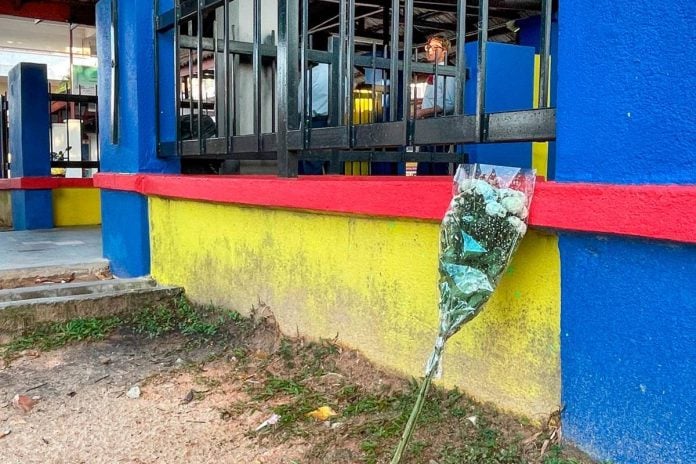PETALING JAYA: Violence has gone viral and is leaving its mark on Malaysian youth. The glamourisation of aggression across digital platforms has blurred the line between entertainment and real-life brutality.
Experts say the recent stabbing at a school in Bandar Utama, Damansara 4 is an extreme but telling symptom of a culture where bullying, dominance and rage are no longer shunned but being liked, shared and celebrated.
Universiti Teknologi Mara Social and Policy Studies lecturer Prof Dr Yarina Ahmad said entertainment now glorifies power and gangsterism, leading youths to believe respect comes from belonging to powerful or violent groups.
“The influence of Western and international media further complicates this. Youths are increasingly shaped by what they watch, from Korean dramas with violent plots to Western films such as the Fast and Furious film series which glorify speed, aggression and power.
“These portrayals often associate masculinity with dominance, thrill-seeking and even sexual desirability, sending a harmful message that strength and status come from reckless or violent behaviour,” she said, adding that constant exposure to online violence has eroded empathy, as seen in the boy’s apparent lack of compassion or awareness of the consequences of his actions.
Yarina also noted that research has shown a strong link between media consumption and behavioural imitation among adolescents.
She said studies, including one conducted by her student, found that addiction to violent entertainment – whether on television, YouTube or social media – significantly increases aggressive tendencies and the intention to act violently.
“This doesn’t always lead to extreme acts like murder, but it manifests in aggression through speech, behaviour and social interactions.
“This case shows how technology and media are changing the way people interact today. As technology advances, it is slowly replacing traditional values.”
She stressed that heavy reliance on technology is unhealthy because it weakens critical thinking and empathy, as people begin letting algorithms think for them instead of reflecting on their actions.
Suka Society (Persatuan Kebajikan Suara Kanak-Kanak Malaysia) executive director Anderson Selvasegaram said all parties – from parents to educators and the wider community – must take collective responsibility to ensure such tragedies in schools never happen again.
He said the recent spate of disturbing events in schools should serve as a wake-up call for everyone to reflect on how children are guided, nurtured and protected.
“All efforts must be made to prevent a repeat of such incidents in our schools. Over the past few weeks, we have witnessed several deeply troubling events that must never be allowed to happen again,” he said.
Anderson stressed that responsibility for prevention begins at home, with parents playing a central role in shaping their children’s emotional and moral development from an early age.
“Parents must work hard to stay engaged with their children’s lives and continue to help them manage emotions, challenges and life transitions, even though teenagers often withdraw during this stage of life.”
He also called for stronger communication and trust between students, teachers and parents within schools, especially on issues of child safety and protection.
“Policies on child protection must not only be adopted but effectively implemented to ensure our schools remain safe and supportive spaces for all children.”
Anderson further warned of the growing influence of social media and online gaming on youth behaviour, urging parents to remain vigilant and involved in their children’s digital lives.
He said while the extent of social media and gaming influences in this recent incident is not yet clear, parents must be cautious when granting access to devices, online games and social platforms.
“The internet contains vast amounts of unregulated and harmful content that can shape young minds in negative ways.
“Without consistent, caring guidance and strong moral support, young people risk becoming isolated and vulnerable to negative influences during the critical years of development.”










